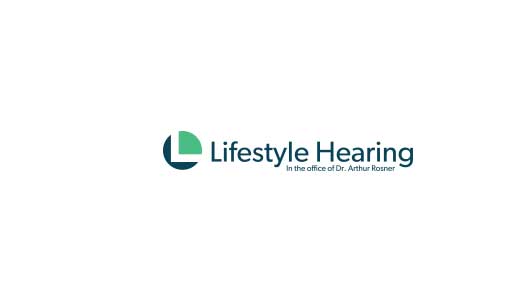Although the majority of us remain up to date with our yearly physical, dental cleaning, and eye examination, we usually forget to consider the health of our hearing. And when our hearing does start to worsen, it arises so slowly and gradually that we barely notice and neglect to do something about it. It’s this lack of interaction with hearing care professionals that makes people question what the profession actually entails.
And that’s a shame, because hearing care professionals serve as a crucial segment of the healthcare system. It’s through the hearing care professional that the correct performance of one of our major senses — one for which we have a tendency to take for granted — is preserved or restored.
Given that we take hearing for granted, we usually also fail to keep in mind just how valuable hearing is. With precise hearing, we can increase concentration, get pleasure from the details of sound, converse better, and strengthen friendships. And the hearing care professionals are the ones who see to it that this vital sense is functioning correctly.
If you’d like to discover more about this valuable but little-known healthcare field — or if you’re contemplating entering the field yourself — read on.
Attraction to the hearing care field
Hearing care professionals are attracted to the field for numerous reasons, but a couple different main motivating factors are consistently present. First of all, several practitioners have endured, and continue to experience, hearing conditions themselves. Considering the fact that they were themselves helped by a hearing care professional, the impulse to repay the favor for other people is powerful.
For example, Zoe Williams, a hearing care professional in Australia, has moderate to profound hearing loss in both ears. This could have caused an inability to communicate, but thanks to cochlear implants and hearing aids, Zoe is currently able to communicate normally. Realizing from experience how enhanced hearing leads to a better life, Zoe was driven to enter the field and to assist others in the same way.
Other individuals are pulled into the hearing care field because of its distinctive mixture of counseling, problem solving, science, and engineering. Together with learning about the science of hearing and the engineering of hearing technology, practitioners also learn how to work with individuals in the role of a counselor. Coping with hearing loss is a delicate matter, and patients present an assortment of emotions and personalities. Practitioners must be able to use the “soft skills” required to address these difficulties and must work with patients on an individual level to conquer hearing loss.
Training and preparation
Part of the appeal of working in the hearing care profession is the stimulating mix of subject areas covered as part of the schooling and training. Those pursuing a career in the field learn fascinating topics in a number of fields such as:
- Biology – topics include the anatomy and physiology of hearing, balance, the ear, and the brain, in addition to classes in hearing and balance disorders and pharmacology.
- Physics – topics include the physics of sound, acoustics, and psychoacoustics (how the brain processes sound).
- Engineering – topics include the development and functioning of hearing technology such as assistive listening devices, hearing aids, and cochlear implants, in addition to the programming of digital hearing aids.
- Counseling – topics include how to interview patients, how to teach coping skills, and how to train on the use of hearing aids, in addition to other fascinating topics in psychology and counseling.
- Professional practice – topics include diagnosing hearing problems, performing and interpreting hearing tests, applying hearing treatments, fitting and programming hearing aids, professional ethics, and operating a business.
Job functions
Hearing care professionals work in a number of settings (schools, hospitals, private practices) performing varying tasks such as research, teaching, and diagnosing and treating hearing and balance conditions.
Normal tasks involve carrying out diagnostic tests, interpreting hearing tests, and working with patients on choosing the optimum hearing treatment, very often including the use of hearing aids. Hearing care professionals custom-fit and program hearing aids to best fit the individual and will instruct the patient on how to use and maintain them. Hearing care professionals also work with employers and businesses to reduce the risk of hearing injuries in loud work environments.
Benefits
The benefits quoted most frequently by those in the hearing care profession center on the ability to positively impact people’s lives on a very personal level. Long term friendships between patients and hearing specialists are also common as a result of the personal nature of care.
When patients state that they can hear again for the first time in ages, the emotions can be overwhelming. Patients more often than not report a sense of reconnection to the world and to family, along with improved relationships and an improved overall quality of life.
How many occupations can claim that kind of personal impact?
